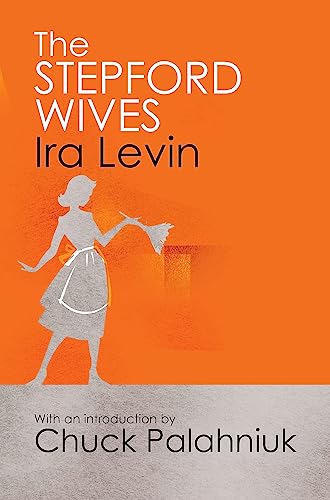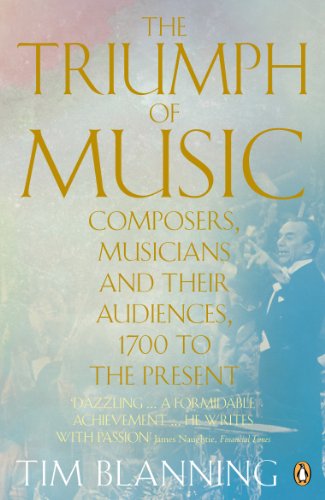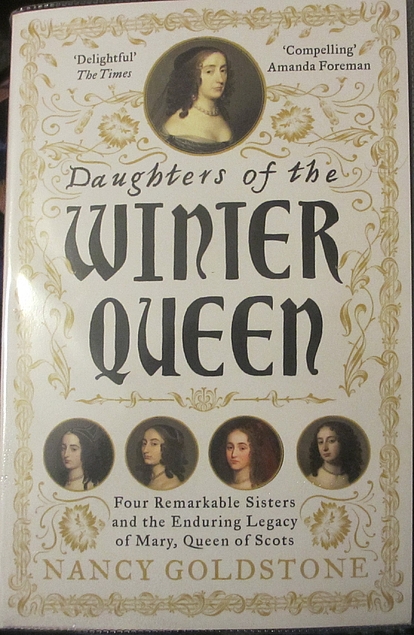Book 73 - Ira Levin "The Stepford Wives"
Dec. 9th, 2022 07:04 pmIra Levin "The Stepford Wives" (Corsair)

This novel has entered pop culture so seamlessly that it was strange to read the source material. I'd seen the film, of course, and scant books often make good films. I picked up a copy in a remaindered bookshop for 50 pence and now I'm glad that I did.
As some reviewers have acknowledged, there isn't a whole lot to the book, Levin didn't feel the need to elaborate on the hows and whys of Stepford's transformation. That is probably one of the chillier aspects for me. Joanna has nothing more than a vague suspicion that something is wrong until near the end. It is laughable until it's too late for her to escape.
Levin's work succeeds on the tiny premise, the doubt in all of us, that there must be something inhuman behind perfect facades. The book could have been longer than it is and it could have improved with more of Joanna's thoughts and the big picture of her months in Stepford. Levin was capable of at least one character study in creeping horror ('Rosemary's Baby'), but I'll admit this book is just fine without it. It's quick, it was scary, and knowing the end didn't change the dread I felt at the end of the penultimate chapter.
Once you read the book I urge you to watch the film version of it.
It's an artifact, enjoy.

This novel has entered pop culture so seamlessly that it was strange to read the source material. I'd seen the film, of course, and scant books often make good films. I picked up a copy in a remaindered bookshop for 50 pence and now I'm glad that I did.
As some reviewers have acknowledged, there isn't a whole lot to the book, Levin didn't feel the need to elaborate on the hows and whys of Stepford's transformation. That is probably one of the chillier aspects for me. Joanna has nothing more than a vague suspicion that something is wrong until near the end. It is laughable until it's too late for her to escape.
Levin's work succeeds on the tiny premise, the doubt in all of us, that there must be something inhuman behind perfect facades. The book could have been longer than it is and it could have improved with more of Joanna's thoughts and the big picture of her months in Stepford. Levin was capable of at least one character study in creeping horror ('Rosemary's Baby'), but I'll admit this book is just fine without it. It's quick, it was scary, and knowing the end didn't change the dread I felt at the end of the penultimate chapter.
Once you read the book I urge you to watch the film version of it.
It's an artifact, enjoy.

